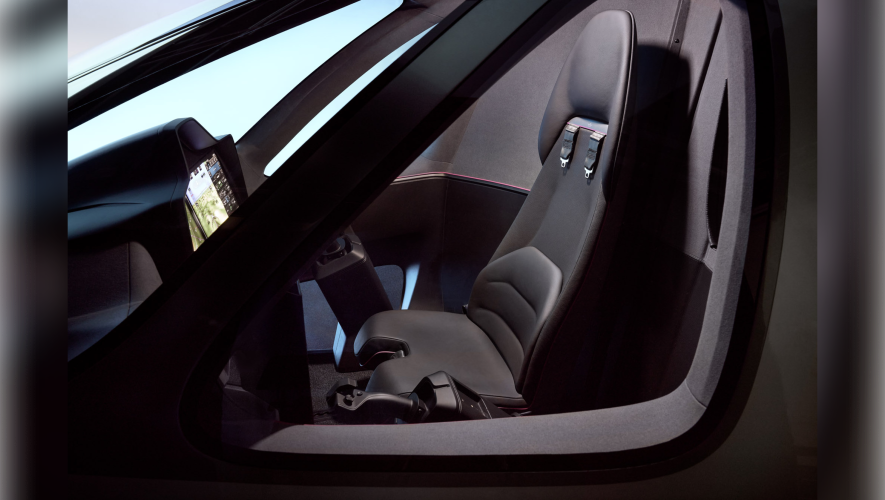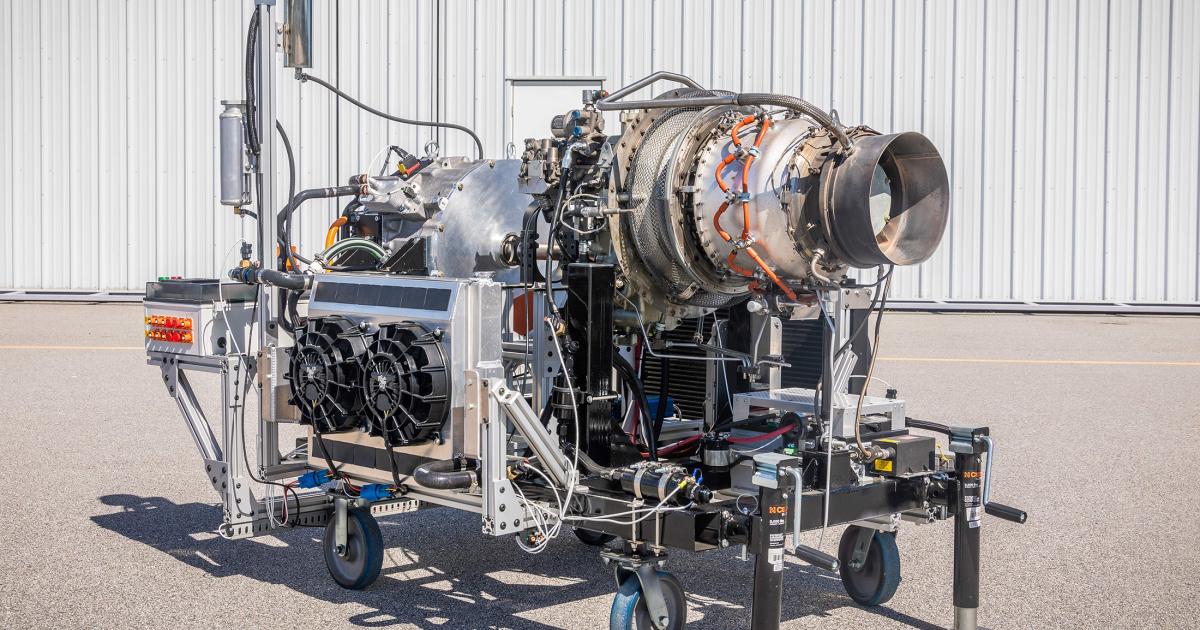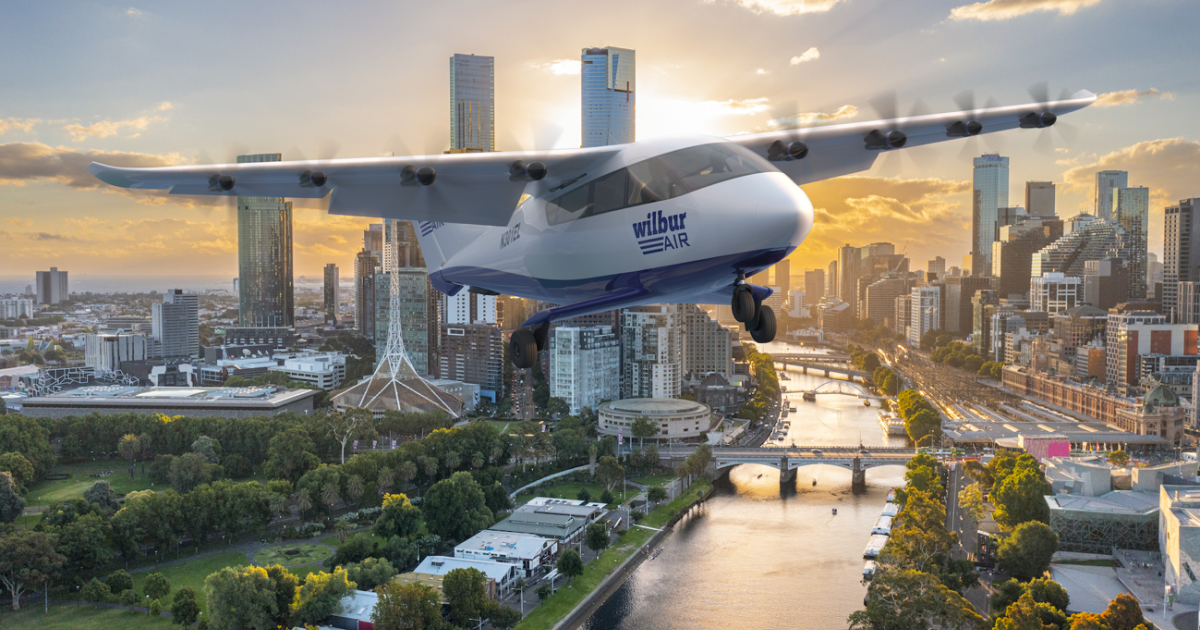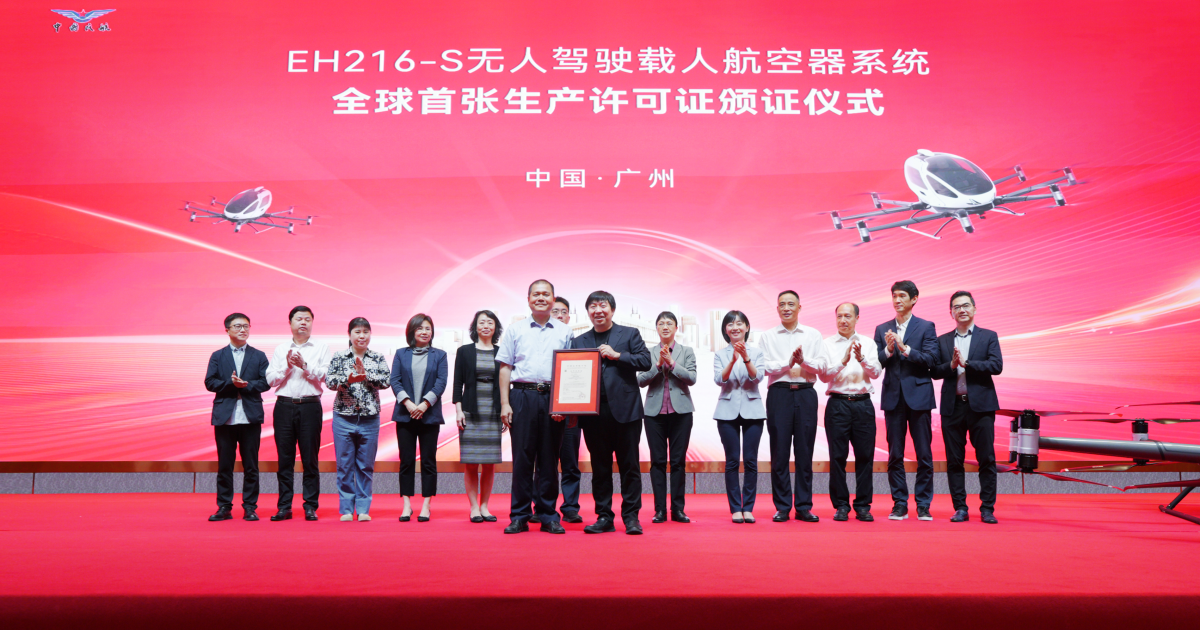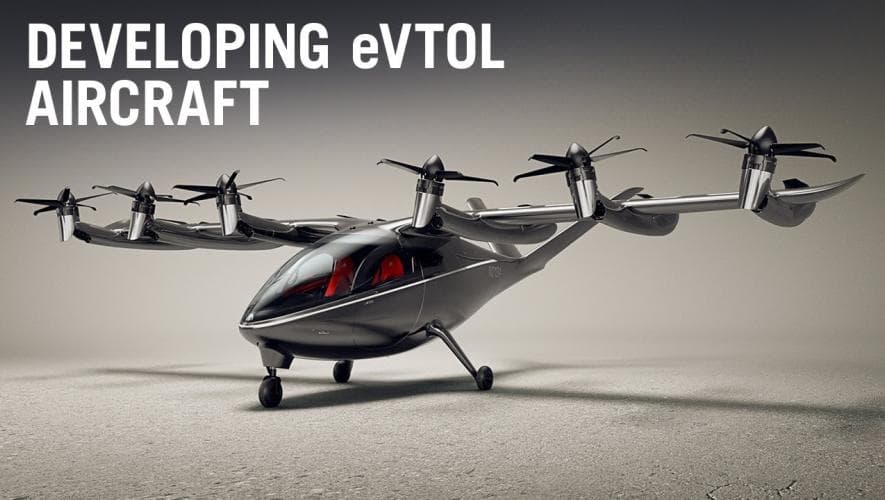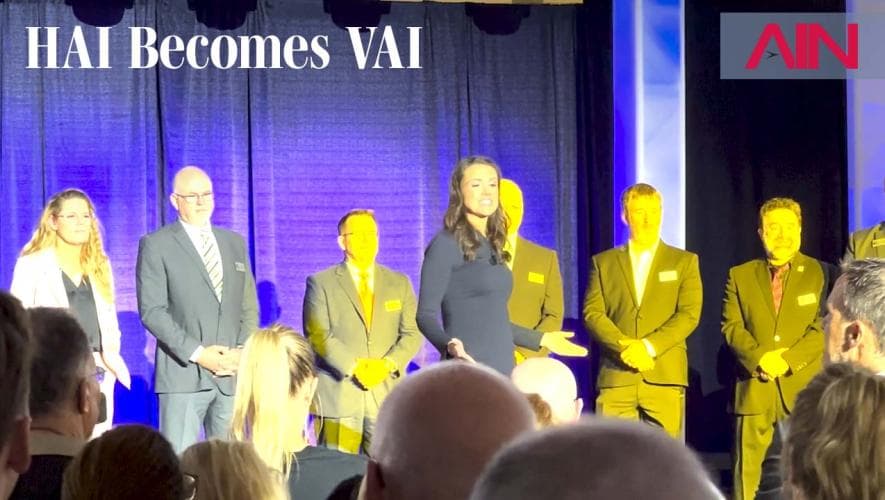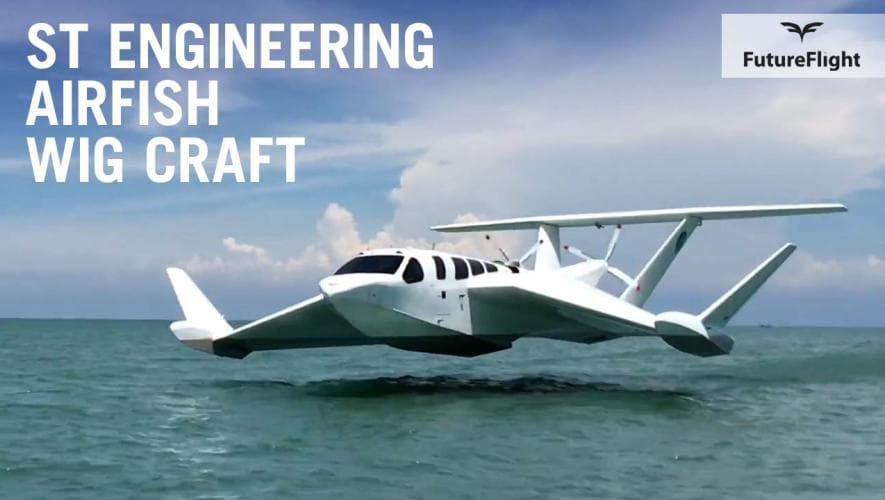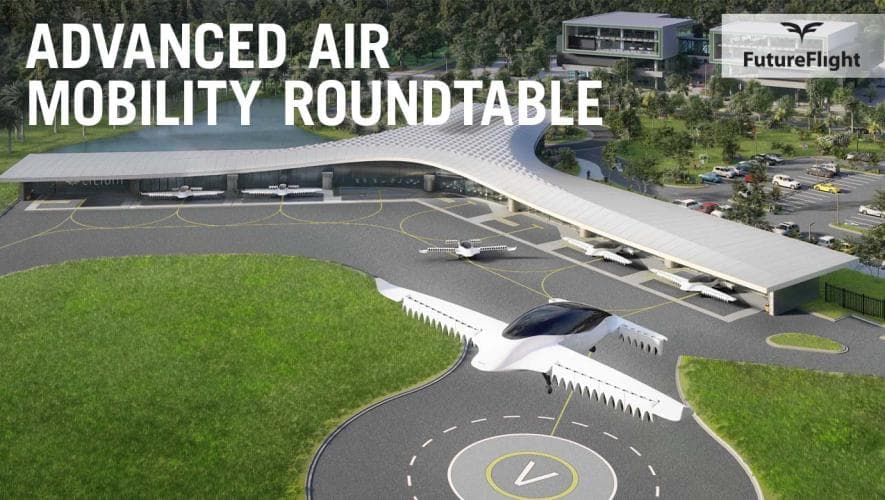FutureFlight
Latest FutureFlight Videos
All VideosFutureFlight News
Regulations and Government
Archer Aviation Opens Policy Hub in Washington, D.C.
California-based eVTOL developer builds momentum for FAA certification

Regulations and Government
GAMA Outlines Path to Electric Aviation Future in Europe
GAMA released recommendations for regulators and policymakers to support electric aviation
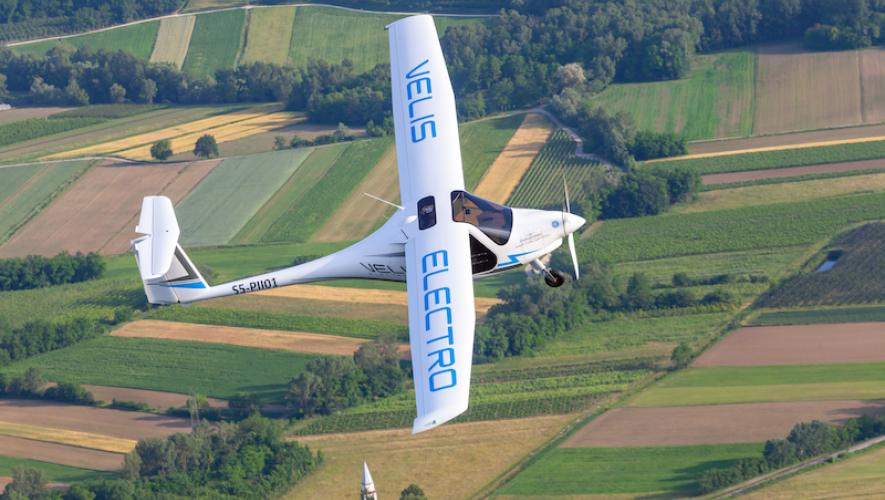
Aircraft
Lilium Kicks Off eVTOL Battery Pack Production
Assembly has begun in a factory at Lilium’s headquarters in Germany
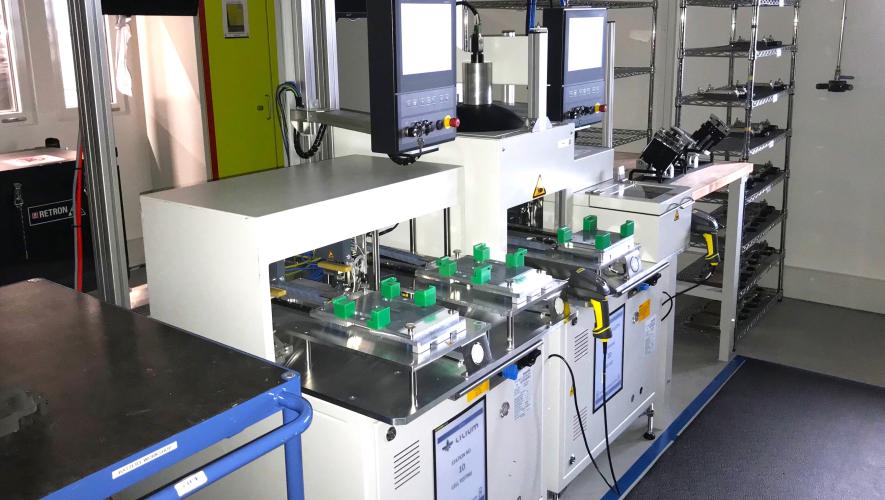
Engines
U.S. Air Force Backs VerdeGo’s VH-4T Hybrid-electric Powerplant
Afwerx funds VerdeGo's 400-kW turbine generator development
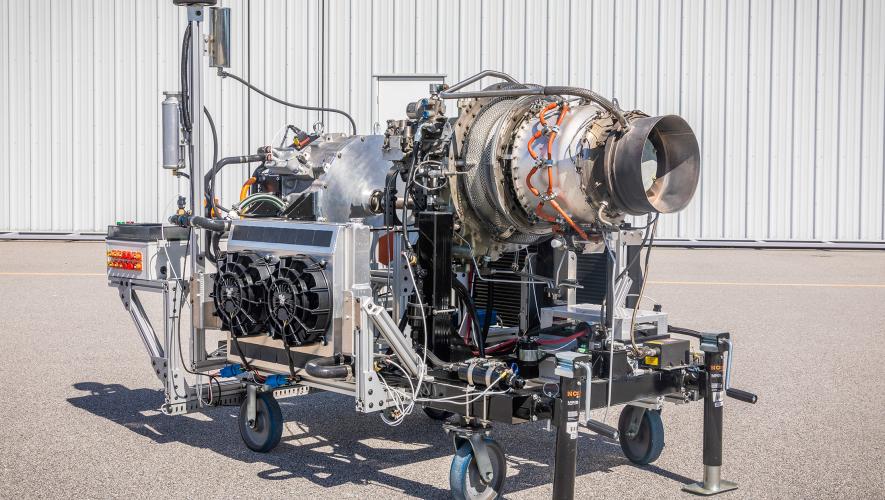
Airlines
Wilbur Air Will Operate Electra's eSTOL Aircraft in Australia
The operator is a spinoff from AAM infrastructure group Skyportz
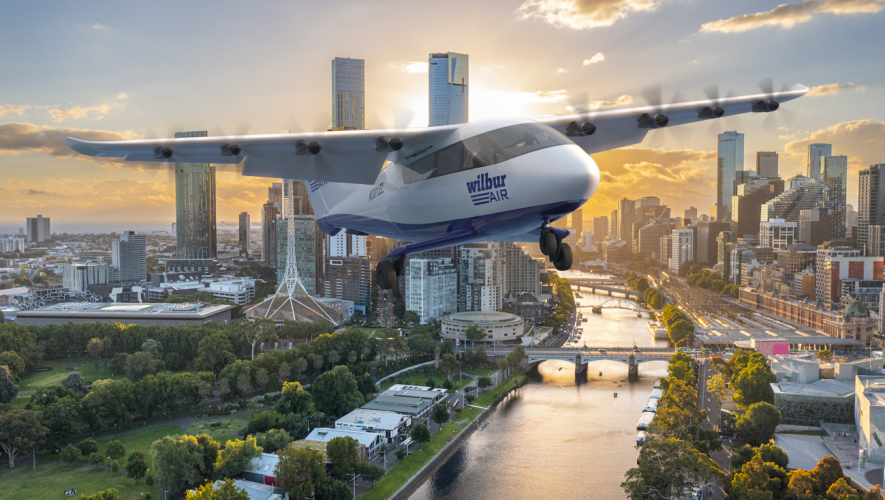
Engines
Australian Start-up Dovetail Electric Aviation Wins State Funding
The company has relocated operations from New South Wales
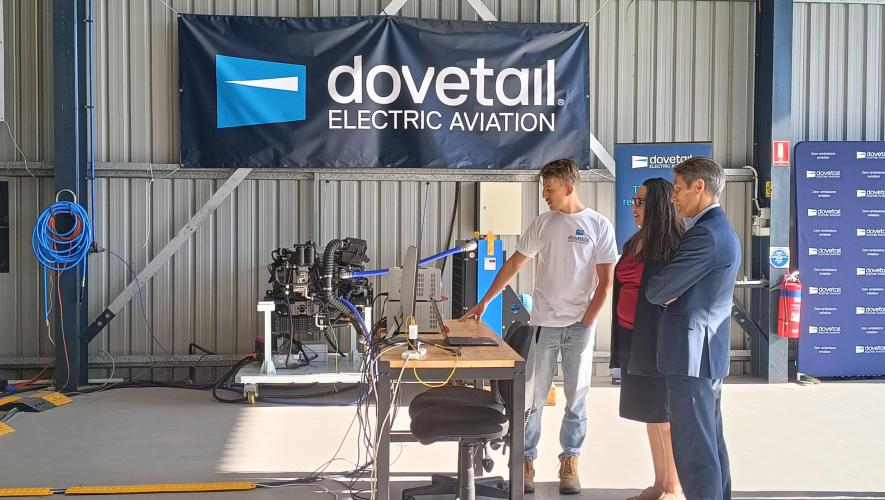
Aircraft
FutureFlight.aero Merges with AINonline.com News Platform
Platform provides comprehensive coverage of the advanced air mobility sector and more
Avionics
Merlin Accelerates Autonomous Flight Development with Simulator
The company's Certification System Bench means Merlin Pilot can be continuously tested
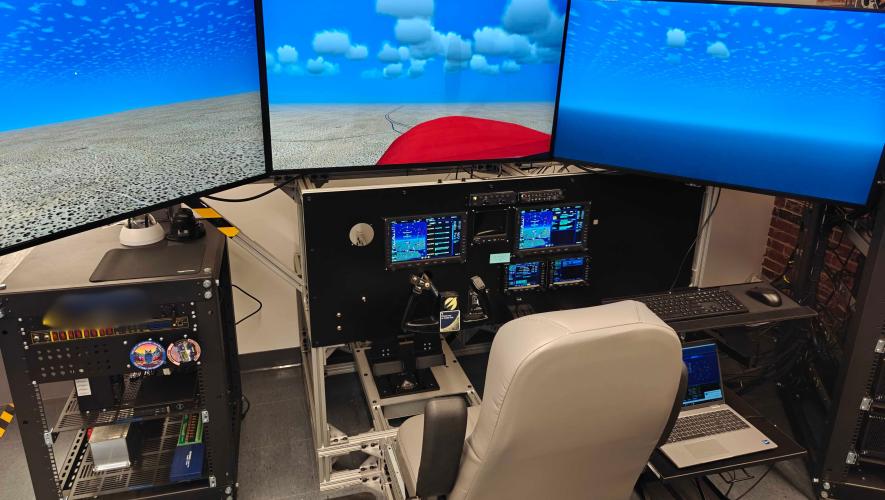
Charter & Fractional
Charter Operators Commit to Buying Electron Air Taxi
The four-passenger aircraft is expected to enter service in 2028
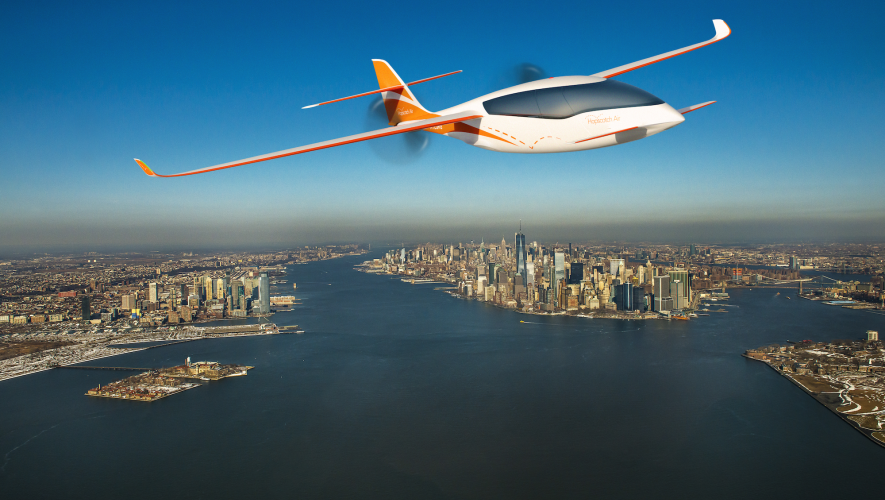
Aircraft
Textron eAviation Shows Off FAA-approved Velis, Works on Nexus eVTOL
Pipistrel subsidiary is driving electric aircraft innovation at the Textron division
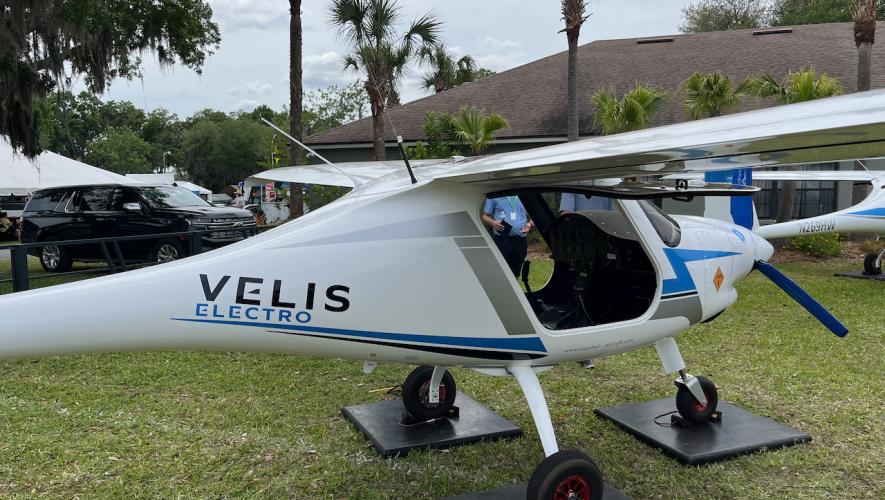
Unmanned Aerial Vehicles
International Skies Open Wider with ICAO's Latest Drone Regulations
The framework policy includes provisions for remote pilot licenses
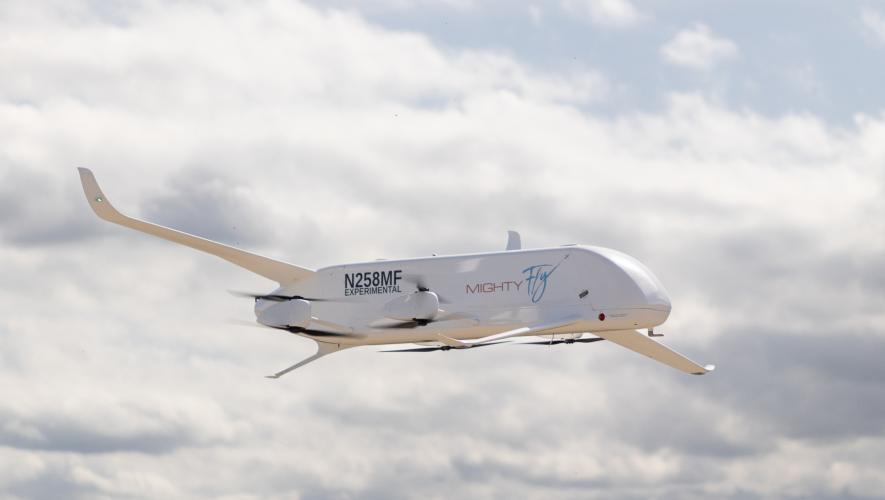
Maintenance and Modifications
Feam Aero Will Maintain ZeroAvia's Hydrogen Propulsion Systems
U.S.-based maintenance provider has 52 bases worldwide
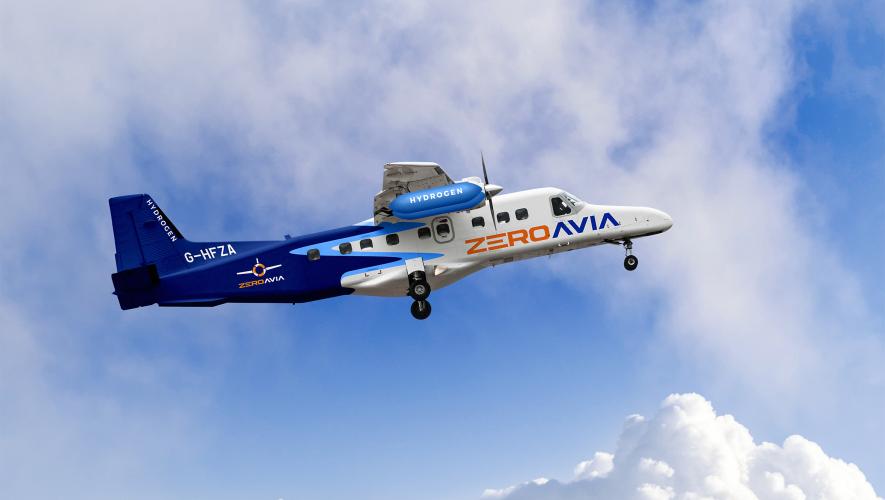
Aircraft
GAMA's Associate Membership in AAM Field Continues To Grow
Four companies have come on board as associate members EPIC
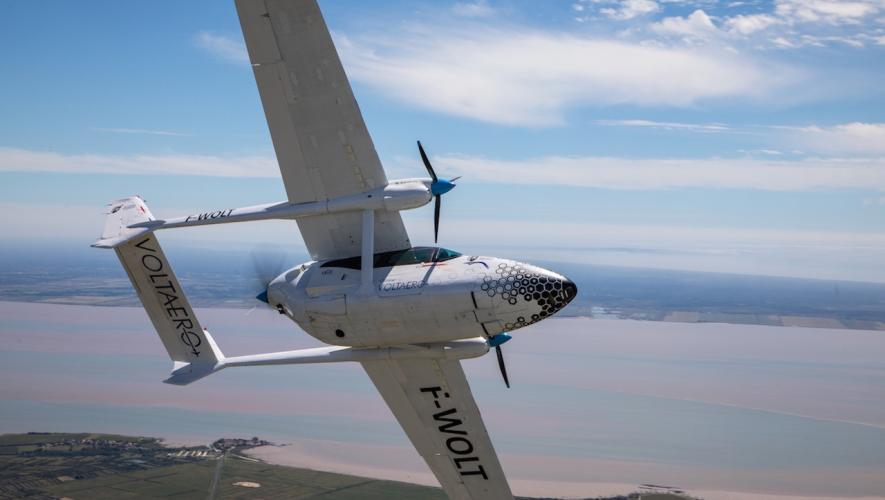
Airports
Sustainable Aviation Consortium Launches in San Antonio
Ampaire's Electric EEL hybrid-electric technology demonstrator flew to San Antonio for the occasion
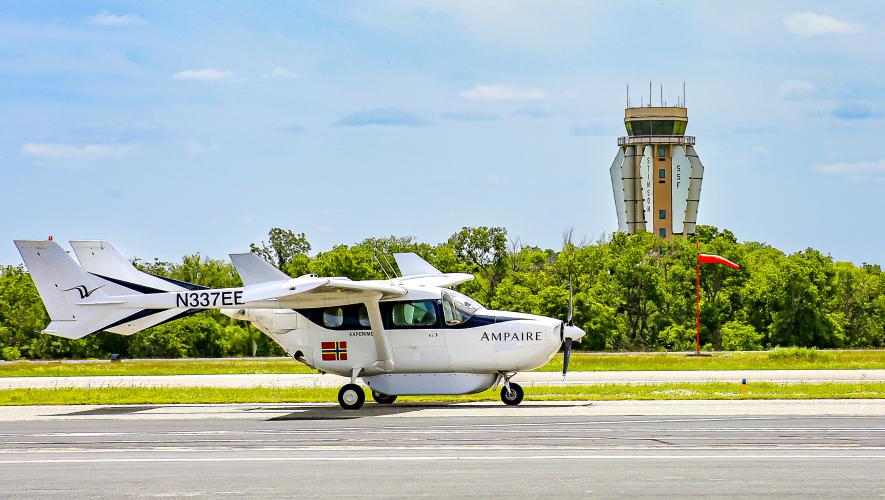
Aircraft
EHang Earns Production Certificate for Autonomous eVTOL Aircraft
Approval was granted by the Civil Aviation Administration of China
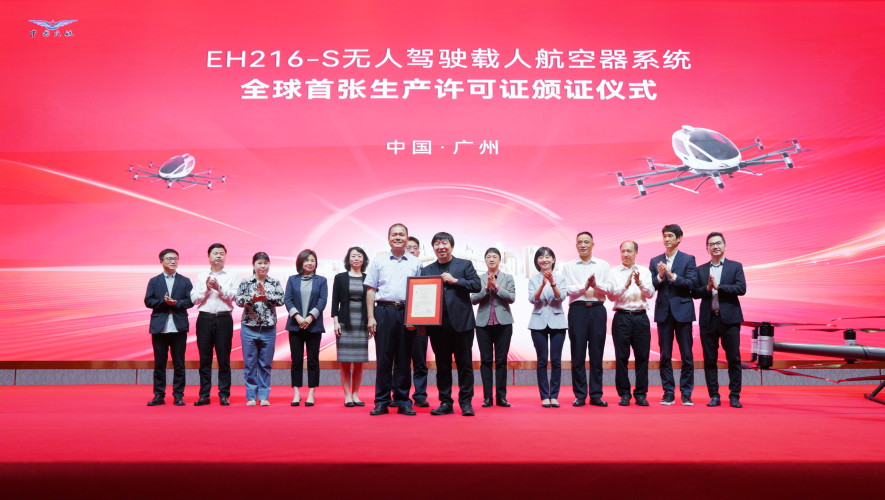
Airports
Rome's Vertiport Tests AI-Powered Bird Monitoring System
Artificial intelligence could protect eVTOL aircraft from birds
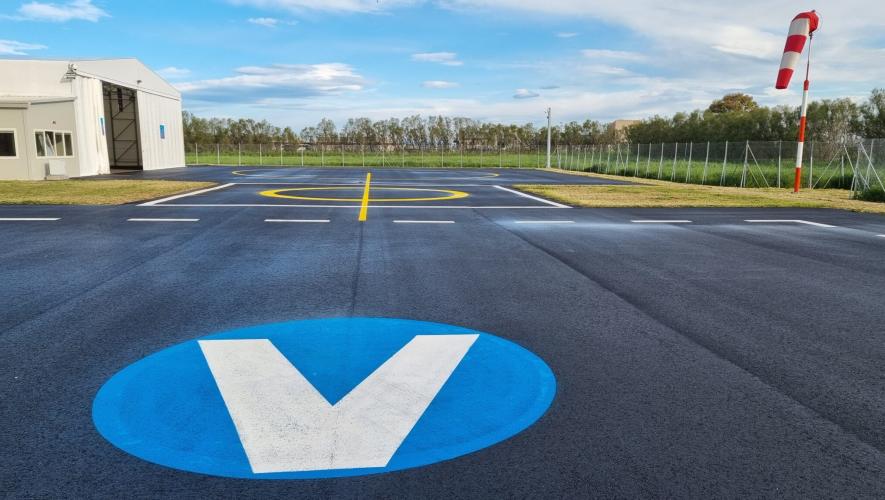
Aircraft
AutoFlight Delivers First Prosperity eVTOL and Certifies Freighter
China's air safety regulator issued a type certificate for the CarryAll aircraft in March 2022
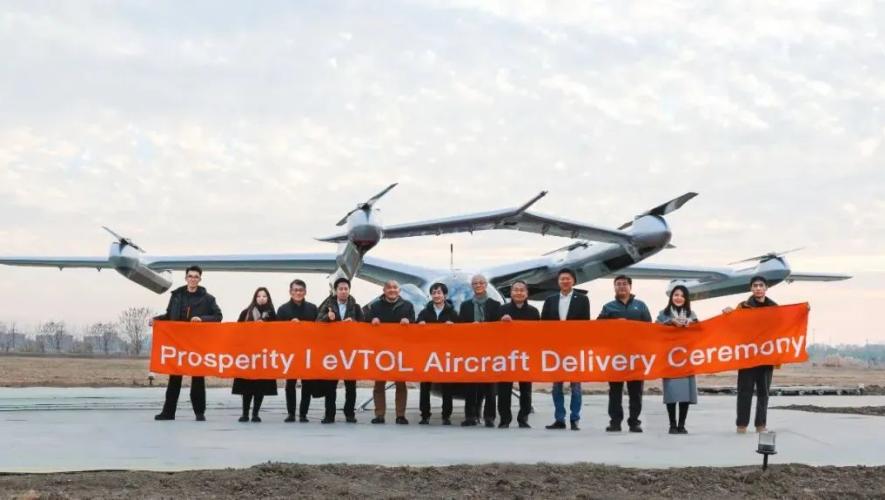
Environment
Bombardier Completes Portfolio with Challenger 650 Environmental Declaration
The Challenger 650 EPD details the business jet's environmental footprint from raw material to end-of-life
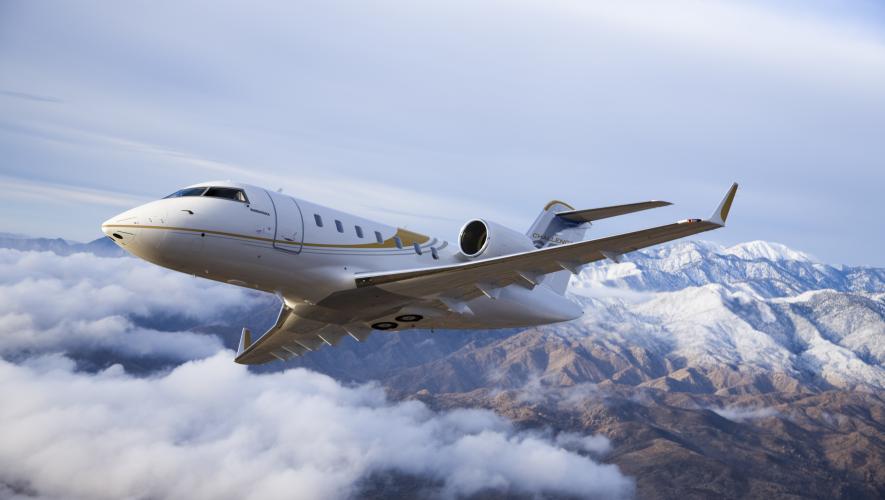
Airports
Moonware Gets Funding for AI-based Ground Handling Software
Venture capital groups have provided $7 million in fresh capital
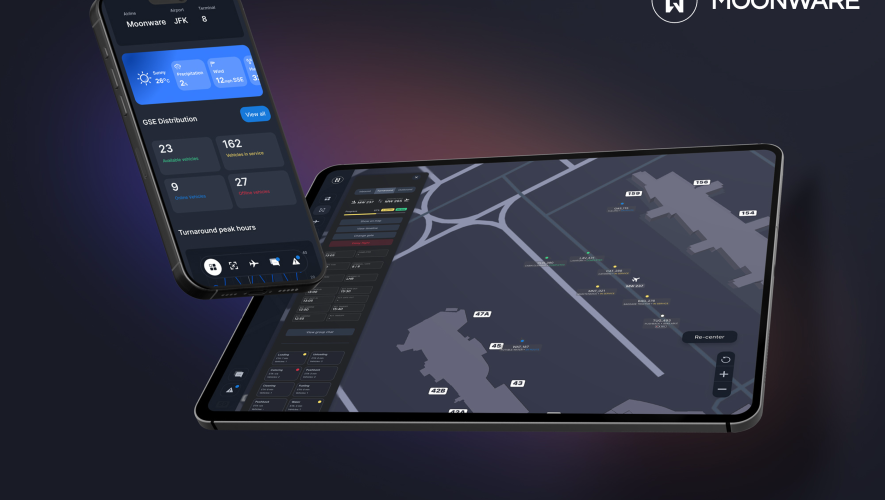
Avionics
Lilium Fits Garmin Standby Instruments in eVTOL Aircraft Cockpit
Manufacturer aims to start flight testing full-scale prototype by the end of 2024
